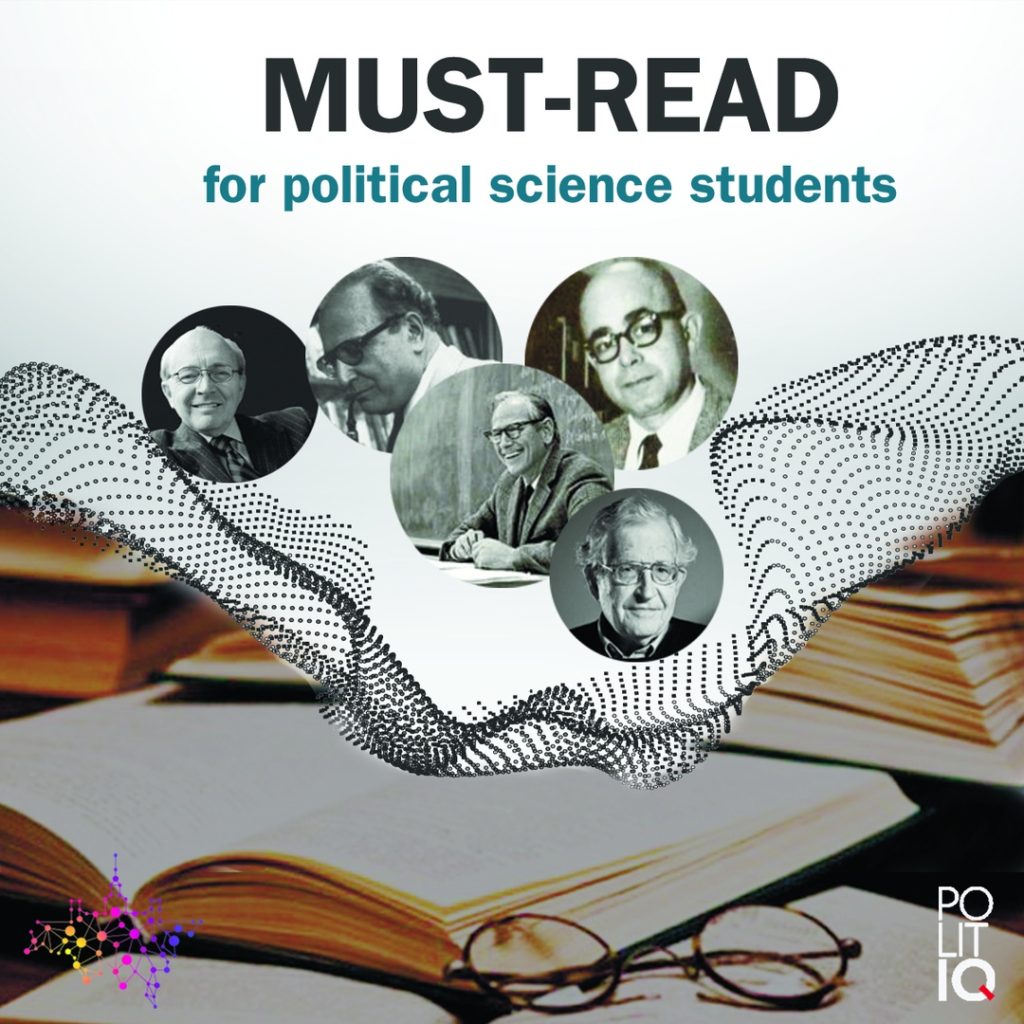Interest in political science was conceived in the Ancient World and continues to this day. The study of political science can be safely called eternal, since politics is an integral sphere of public life. Relations in the circles of power, political institutions and norms, relations between the state and society – these and many other aspects of political science are of great interest to intellectuals.
Ranking of the greatest modern scientists of the world is not an easy task. There are inevitable questions about how to evaluate one or another contribution to science and compare it with others. But, in the end, acquaintance with the works of modern political scientists begins with one book.
It should be noted that the study of political science by scientific methods reached its heyday in the 20th century in the United States. The Department of History and Political Science was first opened at Columbia University. By the way, the scientific leader of the Master’s program in political science at Moscow State University PolitIQ, Robert Legvold, is an honorary professor at the Department of Political Science at Columbia University (USA).
We have compiled the TOP-list of the leading American scientists, so that it would be easier for you to start exploring the known works in the field of political sciences.
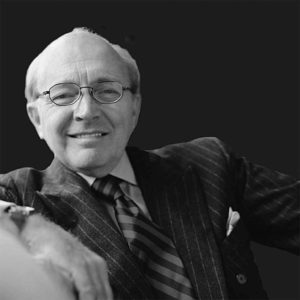
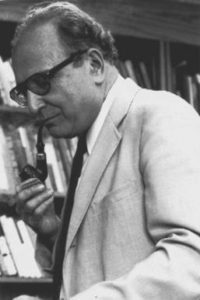
Lipset is of the founders of the theory of modernization. His work was devoted to the study of political sociology, the theory of modernization, social movements, political radicalism, trade union organizations, social stratification, public opinion and the sociology of intellectual life. He also wrote a lot about democracy.
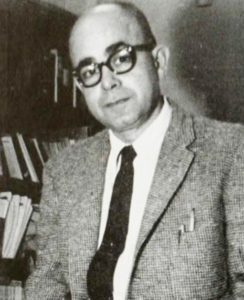
Almond gained fame due to his pioneering work in the areas of comparative political science, political development and political culture. He expanded the field of political science, combining in his works approaches from other disciplines of social science, such as sociology, psychology and anthropology. He transformed interest in foreign policy into systematic studies of comparative political development and culture. His research covered many topics, including the policies of developing countries, communism and religious fundamentalism.
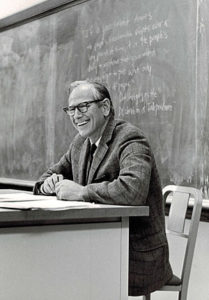
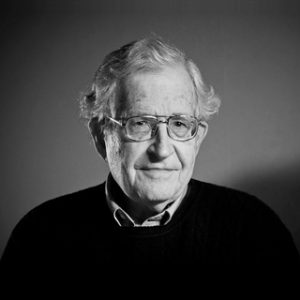
mastersprogram.politiq.ru
Good Luck!
